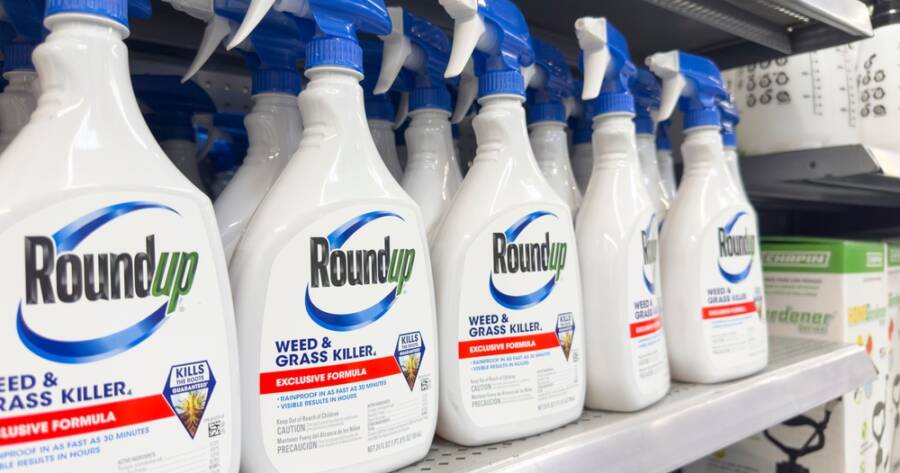Roundup lawsuits have increasingly spotlighted Bayer over its herbicide’s alleged health risks linked to glyphosate, a “probably carcinogenic” ingredient. Individuals claim it led to serious health issues, sparking extensive litigation. Establishing claim eligibility requires detailed evidence of exposure and health diagnoses, while the legal process is bolstered by expert testimonies. Understanding compensation dynamics and settlement frameworks can guide those affected by Roundup toward informed legal actions and potential justice.
Understanding the Roundup Lawsuit
In recent years, a significant number of lawsuits have been filed against Bayer, the company that acquired Monsanto, regarding the popular herbicide Roundup. Central to these claims is the herbicide’s active ingredient, glyphosate, which the International Agency for Research on Cancer classified as “probably carcinogenic to humans” back in 2015. This designation has led to growing concerns about the safety of glyphosate and its potential links to non-Hodgkin’s lymphoma, among other serious health issues. Thousands of individuals have filed lawsuits maintaining that exposure to Roundup led to their cancer diagnoses, resulting in product liability litigation against Bayer for causing unexpected dangers for consumers.
Eligibility Criteria for Filing a Claim
Potential claimants in the Roundup lawsuit must establish their eligibility by demonstrating a clear connection between their health issues and the use of Roundup. Crucially, this involves providing evidence of use and exposure to glyphosate, as well as a medical diagnosis, such as non-Hodgkin’s lymphoma, directly linked to this exposure. A detailed account of the usage, degree, and duration of Roundup exposure is essential, alongside medical and work-related documentation that substantiates these claims as part of the eligibility proof. Another vital consideration is the legal requirement to adhere to the statute of limitations, which dictates the timeframe within which individuals must file their claims; this varies depending on when the harm was discovered.
The Legal Process Involved
The journey to claim compensation through a Roundup lawsuit can be intricate and requires the guidance of experienced legal professionals. Such professionals assess the strength of each claim based on the evidence presented, draft legal complaints, and navigate the complexities of settlement negotiations or trials when necessary. A core component of building a robust legal case is the engagement of expert witnesses, including medical specialists and toxicologists, whose input is crucial in establishing a strong link between cancer diagnoses and glyphosate exposure to strengthen legal cases. Legal arguments often highlight Monsanto’s alleged failure to warn consumers about the cancer risks associated with Roundup usage, thereby invoking claims of product liability, negligence, and false advertising.
Compensation and Settlement Expectations
The compensation sought in these lawsuits encompasses various damages, particularly those related to medical expenses, lost wages, pain, suffering, and other personal impacts resulting from the illness. Cases with more severe cancer diagnoses or significant negative impacts on life quality tend to result in higher compensation amounts. For example, some settlements in past lawsuits exceeded $150,000 per individual demonstrating high compensation. Bayer’s proposed $10.9 billion settlement in 2020 aimed to address existing and future claims, although each case continues to be evaluated individually within a multi-district litigation framework, rather than as a class action.
Why You Should Learn More About Roundup Lawsuits Today
Understanding the intricacies of Roundup lawsuits is crucial for anyone potentially affected by glyphosate exposure. With growing litigation against Bayer and substantial settlements being awarded, those exposed to Roundup have a timely opportunity to join in seeking justice and compensation. The participation in such legal processes not only aims to secure individual compensation but also contributes to broader accountability and, potentially, more rigorous regulatory oversight of herbicides like Roundup. Exploring eligibility and engaging with experienced legal experts can significantly influence the outcome in seeking justice and rightful compensation.
Sources
Overview of Roundup Lawsuits and Risks
Understanding the Compensation Process
